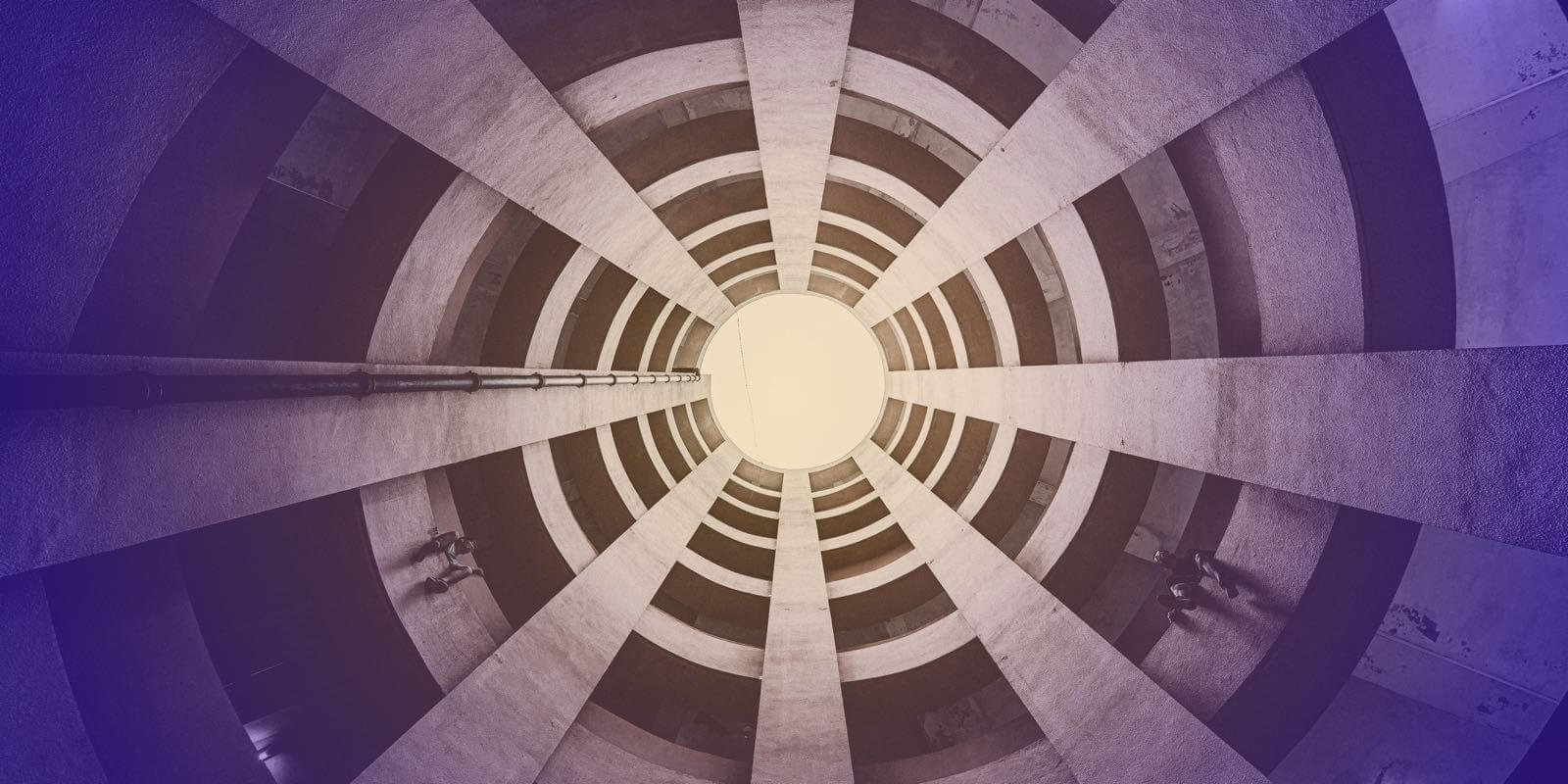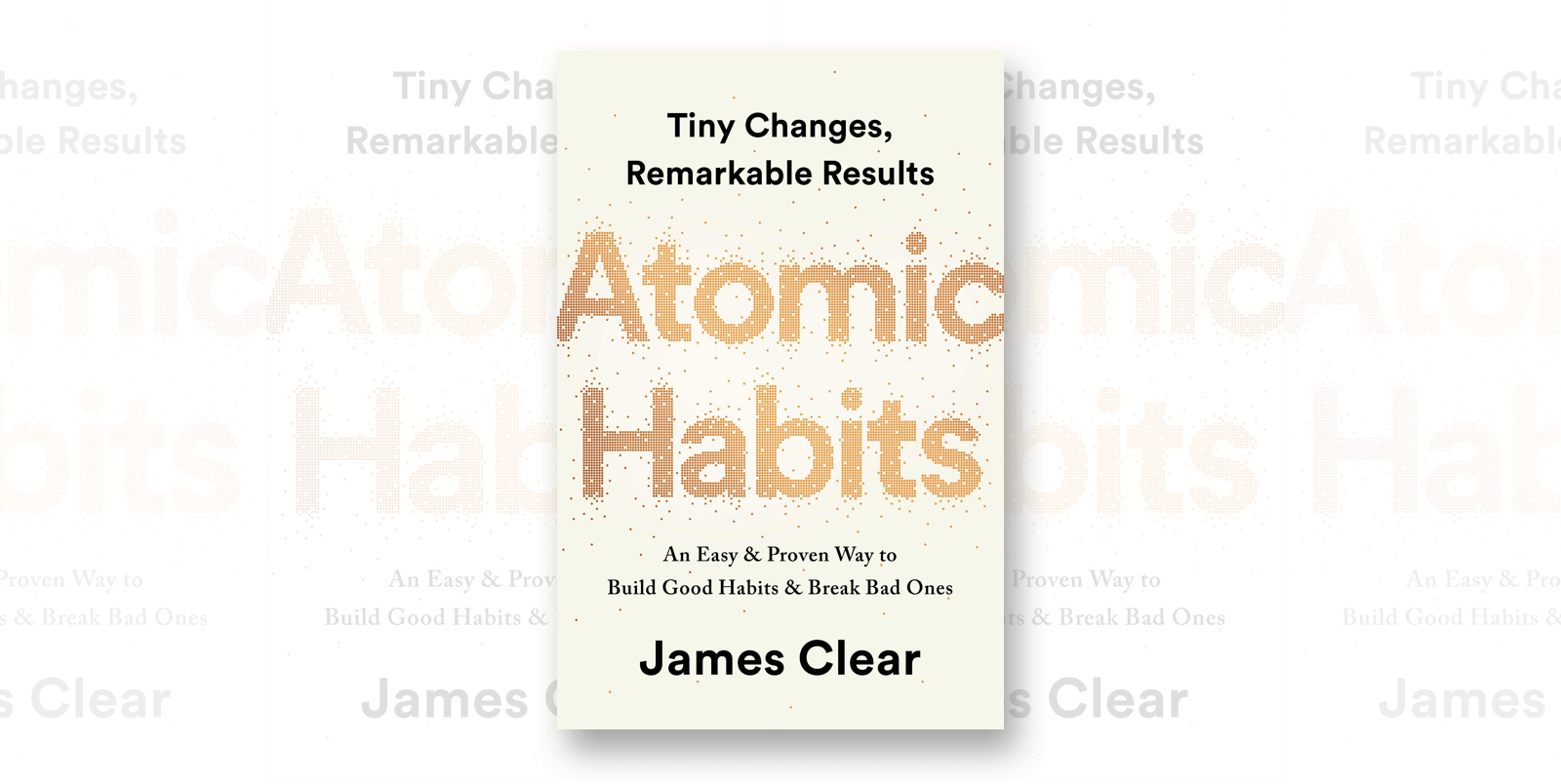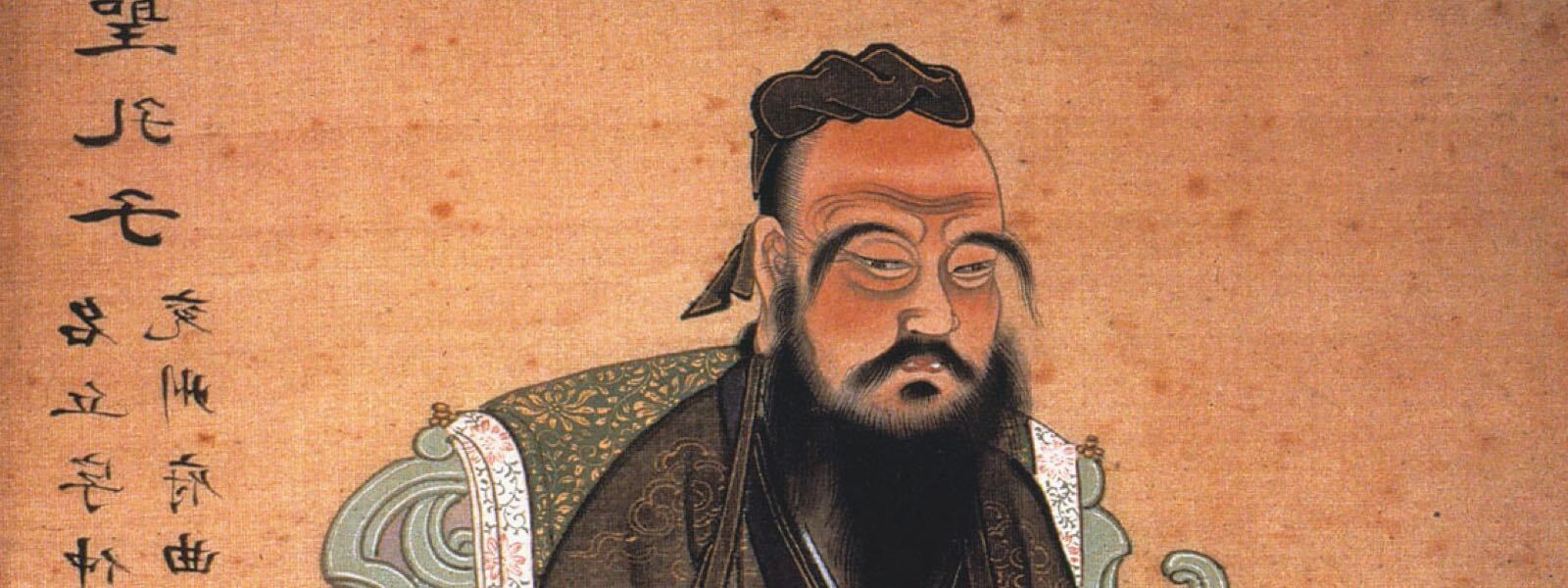A great irony of modern life is that while we have more high-quality information and tools at our disposal than ever before in human history, we seem to be struggling more than ever to do our best work.
Whether it’s a lofty goal like identifying our true calling or the mundane chore of working through our daily to-do list, we’re increasingly prone to flit from one shiny idea and distraction to another. All the while, time marches on and our aspirations remain unrealized.
And while the solution we so often reach for is more—more effort, more advice, more money, more schooling—what if it is precisely this constant striving for more that keeps us stuck and dissatisfied?
That’s the case Greg McKeown makes in his excellent book Essentialism: The Disciplined Pursuit of Less in which he argues that if we want to achieve our highest potential, we must embrace “The Way of the Essentialist” and the systematic pursuit of less but better.
What follows is a collection of my favorite quotes from Essentialism along with my own brief thoughts and reflections.
On Saying No
The more we think about what we are giving up when we say yes to someone, the easier it is to say no.
The ability to think in terms of opportunity cost is powerful. And in more than just economics and finance.
Every decision we make in every area of life has opportunity cost. Once you learn to see the world that way, you’ll never make decisions the same way.
On Motivation
Of all forms of human motivation the most effective is progress.
Such an overlooked idea, probably because the implications are scary.
Most of us assume (and wish) that motivation was a feeling—excited, energized, stoked, etc. In reality, the feeling of being motivated is the result of action. We feel motivated to work harder because we’ve worked hard and feel the results.
Find small ways to make meaningful progress consistently and motivation will take care of itself.
On Saying Yes
Once you give yourself permission to stop trying to do it all, to stop saying yes to everyone, you can make your highest contribution towards the things that really matter.
An interesting corollary is: The more I say yes, the further away I get from the things that matter most.
On Prioritizing
If you don’t prioritize your life, someone else will.
This idea is almost a cliche. But if it’s so well understood and acknowledged, why don’t we act on it? Why don’t we prioritize our lives?
I think it’s because we assume that knowledge is sufficient for change. That, because we understand the concept, it will magically take effect. But of course, it won’t.
We have to make deliberate time to execute on our ideas.
On Success
Success can distract us from focusing on the essential things that produce success in the first place.
Fascinating paradox. The implication might be that a degree of willful ignorance of our own success helps to sustain success in the long run.
On Clutter
In the same way that our closets get cluttered as clothes we never wear accumulate, so do our lives get cluttered as well-intended commitments and activities we’ve said yes to pile up.
Commitment Clutter. We say yes to everything—every email, every new app, every new promotion—and we end up going nowhere.
On Trade-offs
Essentialism is a method for making the tough trade-offs between lots of good things and a few really great things.
You nod your head in agreement that a few really great things are a more worthy goal than many good things. But do we really believe it? What do your actions suggest historically?
Don’t rush your beliefs. Taking the time to acknowledge that you’re not truly convinced yet may be the first step to embracing a new and better belief.
On Discipline
Eliminating the nonessential isn’t just about mental discipline. It’s about the emotional discipline necessary to say no to social pressure.
We lack emotional discipline because we have a faulty theory of emotion, especially the negative ones.
We assume that because an emotion feels bad it is bad. And as a result, should be eliminated or escaped from.
But you can’t learn to tolerate your emotions and carry on despite them if you’re always attacking or running away from them.
On Thinking
When did you last take time out of your busy day simply to sit and think? I’m talking about deliberate setting aside distraction-free time in a distraction-free space to do absolutely nothing other than think.
We’re addicted to feeling productive. And simply thinking doesn’t feel productive. Ironically, it’s probably one of the few things that will actually make you more productive in the long run.
On Assets
The best asset we have for making a contribution to the world is ourselves.
This is one of those ideas that are intellectually obvious but very few of us actually live out.
Ask yourself: What percentage of my time, attention, and resources do I invest in stuff relative to my own development and growth?
You’re either appreciating or depreciating.
On Clarity
If it isn’t a clear yes, then it’s a clear no.
You might decide to override this principle from time to time, but it’s a pretty good rule of thumb because it counterbalances our built-in bias toward yes and helps us get comfortable with no.
On Contribution
We aren’t looking for a plethora of good things to do. We are looking for the one where we can make our absolutely highest point of contribution.
Our intuition tells us that goodness is an equally distributed quality. Statistics suggests otherwise.
Always apply the 80/20 principle: What are the few inputs that will generate disproportionately high outputs?
On Professionalism
When we push back effectively, it shows people that our time is highly valuable. It distinguishes the professional from the amateur.
Maybe it’s true that you can’t change other people. But you can definitely train them.
On Decision-making
The Latin root of the word decision—cis or cid—literally means “to cut” or “to kill.”
It’s amazing how many complex decisions effectively make themselves when you start by eliminating obviously wrong choices instead of trying to discover the right one.
On Via Negativa
Instead of focusing on the efforts and resources we need to add, the Essentialist focuses on the constraints or obstacles we need to remove.
Tragically, most people give up on their goals because they think they lack motivation or enthusiasm or ability. But really, they’re so fixated on “pushing harder” that they unknowingly keep running into the same old obstacles over and over and over again, and then eventually, give up.
On Progress
The Essentialist starts small and celebrates progress. Instead of going for the big, flashy wins that don’t really matter, the Essentialist pursues small and simple wins in areas that are essential.
Cultivate the ability to break big goals into small steps.
It seems obvious, but most of us are surprisingly bad at this. Probably because we never practice outside of a few specific areas of life.
The result is that we ping-pong through life seeing big exciting goals and then getting discouraged because they seem unattainable.
The Essentialism Revolution
The zeitgeist of our time is more: more money, more tech, more options, more freedom, more choice, more stuff, more more.
But what has more gotten us? In some ways, quite a bit, actually. More material wealth does improve lives up to a point.
But if you’re fortunate enough to not be struggling to make ends meat, and instead, struggling to produce great work, I think it’s worth questioning this regime of more we live under.
Maybe it’s time for a revolution…
To live as an Essentialist in our too-many-things-all-the-time society is an act of quiet revolution. — Greg McKeown





3 Comments
Add YoursI’ve been trying to remember the word trade-off all day, that’s why I read this article. Very insightful thankyou!
These articles give me immense joy just like great works of art.
Regds
The one with the trade off is not clear. What are the good things and what is great? How can we tell the difference? Just imagin how many decision we make during a day and we simply can’t tell if one of our options is great. We simply choose the one that seems better